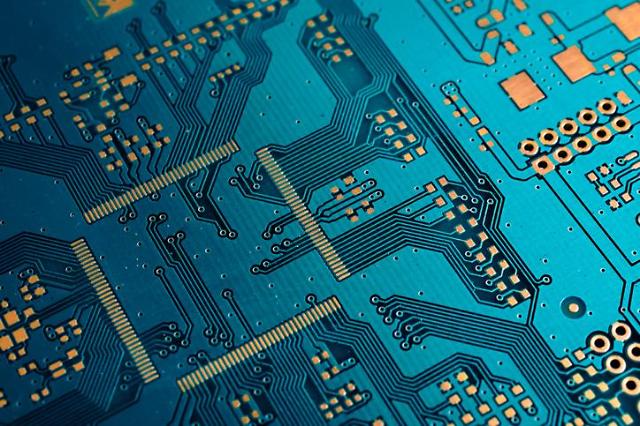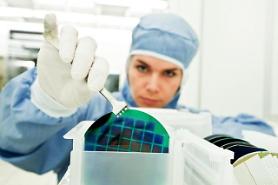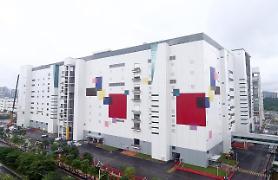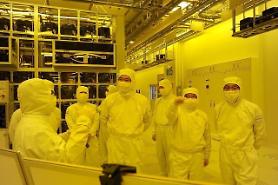
[Gettyimages Bank]
Various types of fluoro gases, also called fluorinated gases or F-gases, are mainly used for refrigerators, cooling systems, and electronics. Nitrogen trifluoride (NF3) is used for etching in the microelectronics sector. The etching process uses a highly acidic solution or fluoro gas to corrode away an unprotected metal layer of a circuit board or a semiconductor to create a circuit.
Although F-gases do not damage the atmosphere's ozone layer, their global warming effect is up to 25,000 times higher than carbon dioxide (CO2). To slow down the global warming process, the European Union (EU) adopted strengthened regulations on F-gases in 2015.
At its campus in Ulsan some 300 kilometers (186 miles) southeast of Seoul, the Ulsan National Institute of Science and Technology (UNIST) and Foosung opened an open-type joint research platform for low global warming potential (Low GWP) etching technologies. Foosung, established in 1983 as a refrigerant company, produces various types of F-gases and electrolyte materials for secondary batteries at factories in Ulsan, China, and Poland.
"Through this UNIST-Foosung joint research platform, we are now able to simultaneously carry out joint research projects while incubating prominent researchers," UNIST President Lee Yong-hoon said in a statement on December 20.
Copyright ⓒ Aju Press All rights reserved.




